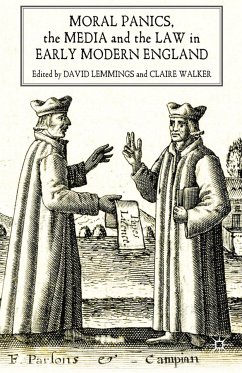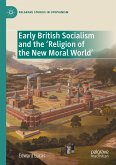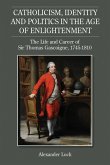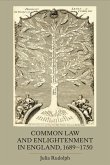In the Enlightenment it was often argued that moral conduct, rather than adherence to theological doctrine, was the true measure of religious belief. Thomas Ahnert argues that this "e;enlightened"e; emphasis on conduct in religion relied less on arguments from reason alone than has been believed. In fact, Scottish Enlightenment champions advocated a practical program of "e;moral culture,"e; in which revealed religion was of central importance. Ahnert traces this to theological controversies going back as far as the Reformation concerning the conditions of salvation. His findings present a new point of departure for all scholars interested in the intersection of religion and Enlightenment.
Dieser Download kann aus rechtlichen Gründen nur mit Rechnungsadresse in A, B, BG, CY, CZ, D, DK, EW, E, FIN, F, GR, HR, H, IRL, I, LT, L, LR, M, NL, PL, P, R, S, SLO, SK ausgeliefert werden.









